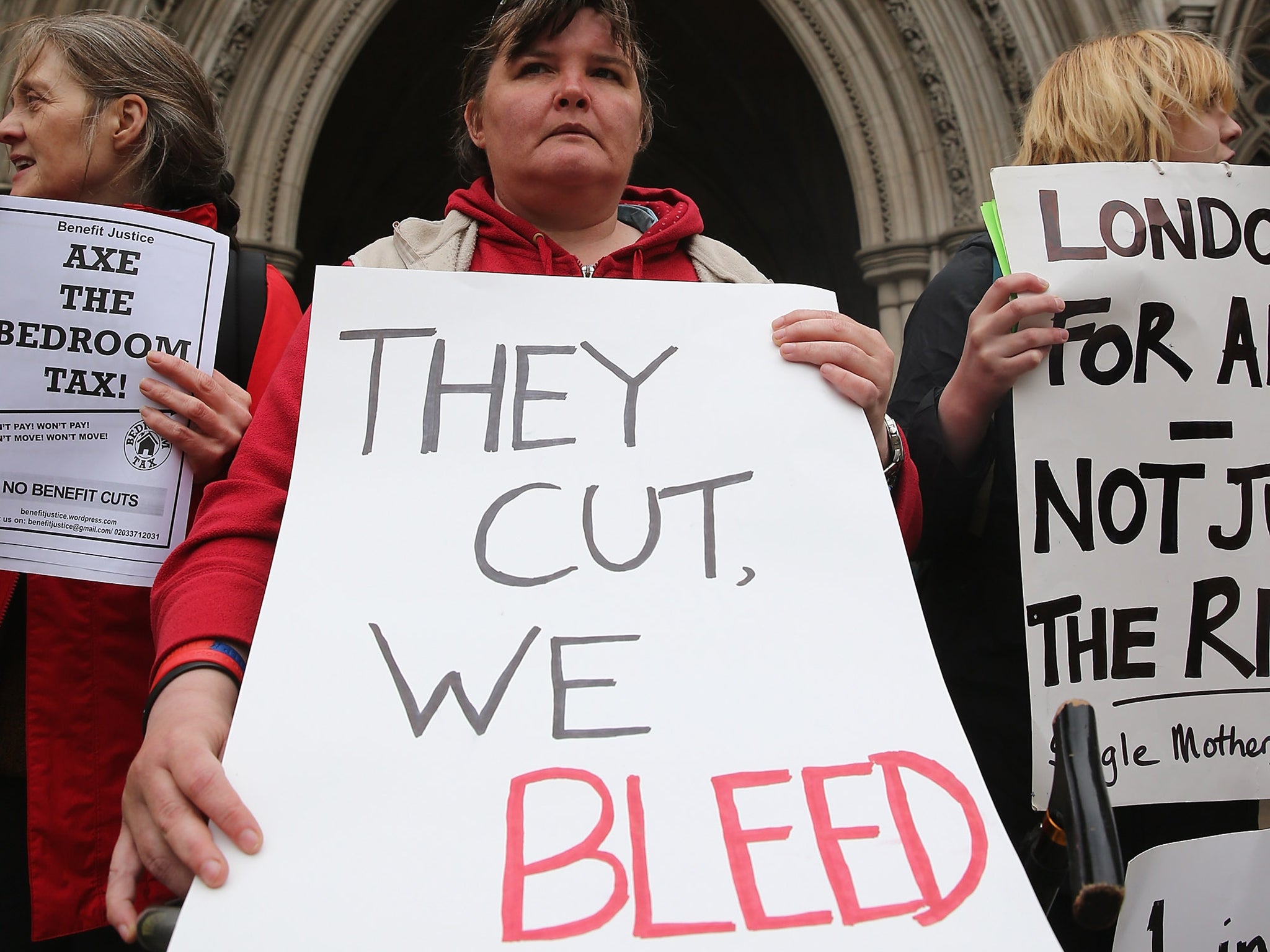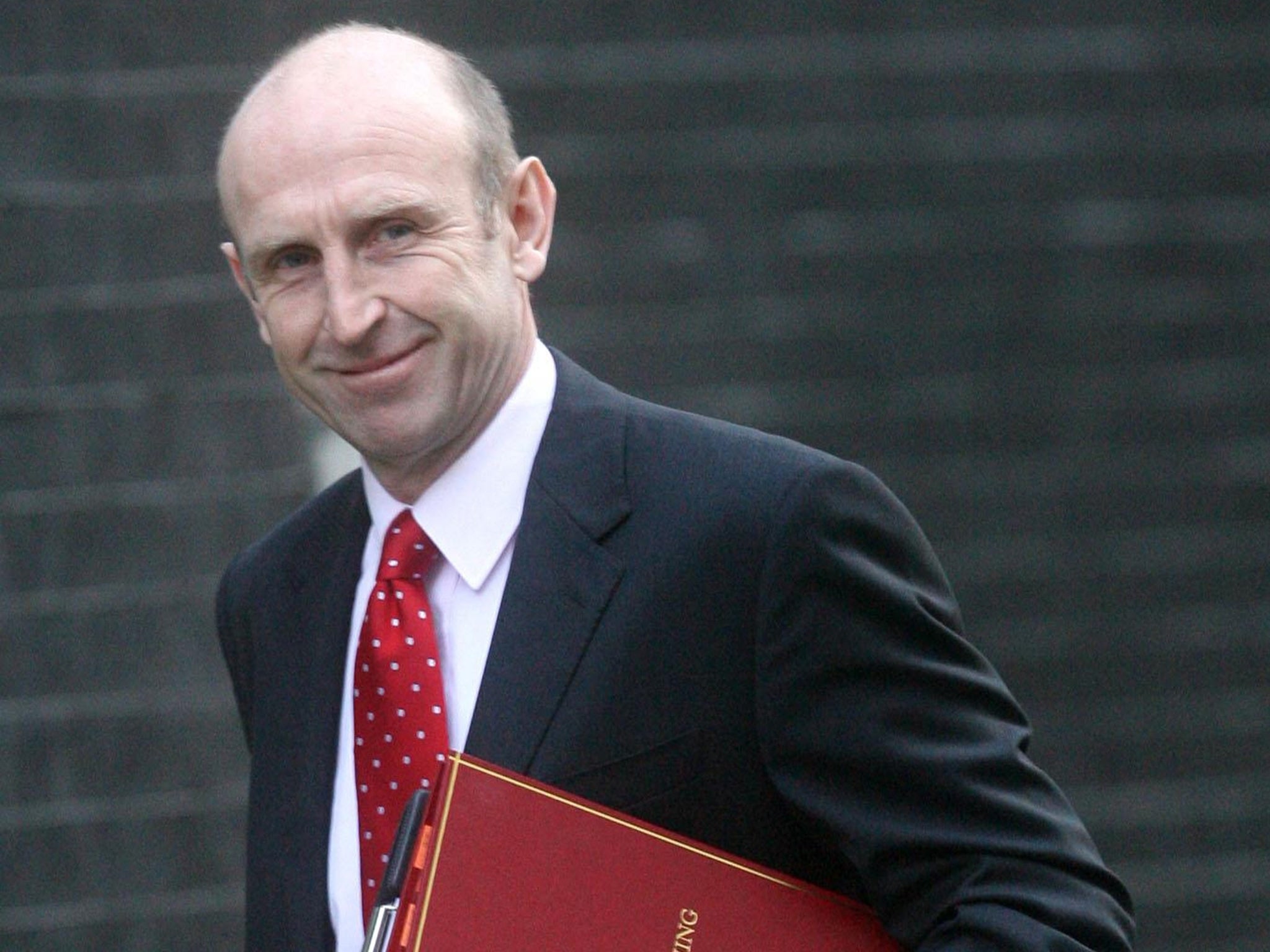Labour must make and win the big arguments on welfare
Otherwise, they risk falling into the Tories' political traps on the issue


Your support helps us to tell the story
From reproductive rights to climate change to Big Tech, The Independent is on the ground when the story is developing. Whether it's investigating the financials of Elon Musk's pro-Trump PAC or producing our latest documentary, 'The A Word', which shines a light on the American women fighting for reproductive rights, we know how important it is to parse out the facts from the messaging.
At such a critical moment in US history, we need reporters on the ground. Your donation allows us to keep sending journalists to speak to both sides of the story.
The Independent is trusted by Americans across the entire political spectrum. And unlike many other quality news outlets, we choose not to lock Americans out of our reporting and analysis with paywalls. We believe quality journalism should be available to everyone, paid for by those who can afford it.
Your support makes all the difference.The new Government’s £12bn of planned cuts in benefit spending promise pain for many people who can do little to deal with the financial shortfall they’ll suffer. They are trapped by failing markets for housing and jobs.
Tory ministers put Labour on the back foot with their cut to the total annual household cap on benefits from £26,000 to £23, 000. This is popular but a highly political move which will save less than 1 per cent of the total target. Each successive benefits cut to come – to tax credits, housing benefit and disability payments – is set to be the same political trap. Instead of waiting to be hit by the Tories’ questions, Labour has to hit back and establish a bigger argument that we deal with welfare costs by getting to grips with the root causes of those costs.
Many of the cuts will punish the poor but not bring down the benefits bill. The Tory welfare policy is failing the heart and the head test. Take tax credits. Over the last five years, the Coalition government made 23 separate cuts, freezes and rule changes to tax credits costing working families £13.4bn. But overall spending rose, by £2bn. Or housing benefit, where 10 separate cuts cost low-income renters both in and out of work over £5bn. But the total bill went up by £4bn over the Parliament.

Concern about the causes of welfare spending, not just its consequences, is something David Cameron once declared too. He said as Opposition Leader in 2008 that to bring down the benefits bill “we need a Government who tackle the underlying causes of poverty”.
Instead his government cut capital investment in building new homes to just £1bn a year while letting the housing benefits bill soar to almost £25 billion last year – taxpayers money paid straight into landlords’ pockets. We need a long term plan to control housing benefit costs and switch public spending from paying benefits to building homes on a big scale.
I wanted to test the costs and consequences of putting this “benefits to bricks” policy into practice, so last year I drew up an internal 60-page report for our Labour leadership with detailed financial modelling to back it up.
My analysis showed that government policy was actively inflating the benefits bill it claimed it wanted to bring down. The decision, for example, to raise council and housing association rents to 80 per cent of market rates will increase housing benefit spending by £5.4bn over the next 30 years, on those homes built in the last parliament alone. Conservative policy failure, with both the taxpayer and families on low incomes paying the price.
But the report also showed a different way. Labour could commit to building 100,000 new council and housing association homes a year by the end of this Parliament confident that over 27 years those homes would pay for themselves in full in housing benefits savings. Just as people take out a mortgage over that time period and see a return on their home investment, so government could do the same.
Every pound invested in a genuinely affordable home means the state pays out less in housing benefit. Over thirty years, I calculated that £1 generates £1.18 in savings. And what’s more by recycling savings in benefit to build new homes, the up-front capital costs for those 100,000 homes each year would be no greater than the housing investment when I was Labour’s housing minister in our last year of government.
Now after the election I plan to publish the modelling and report in full. Before the election this was done to help make sure we could go into government confident not just about what we wanted to do but also how.
We could have been bolder both in our criticism of Tory policy failings and in asserting our alternative Labour way of controlling welfare costs and building more new homes. Instead I was told: ‘We can do more after the election than we can say before it’. This didn’t work. People weren’t convinced we had a plan or could do the job. They couldn’t see we had a different vision or believe we’d make a difference to them.
We can’t spend this parliament debating welfare costs on Tory terms again, so our challenge is to sidestep the narrow Tory narrative and start making a bigger case for bringing benefits spending down.
John Healey, a former Housing Minister, is Labour MP for Wentworth and Dearne
Join our commenting forum
Join thought-provoking conversations, follow other Independent readers and see their replies
Comments